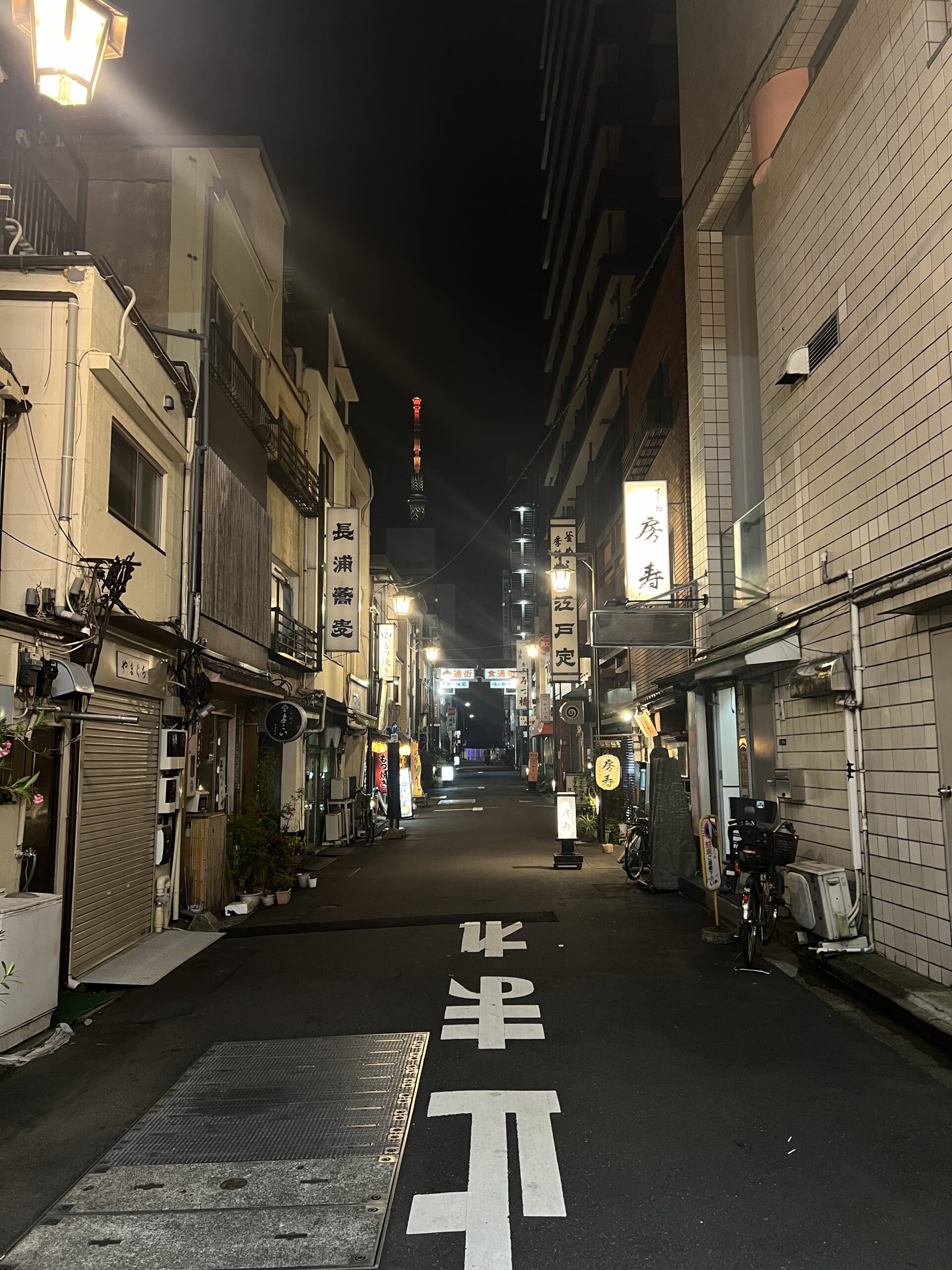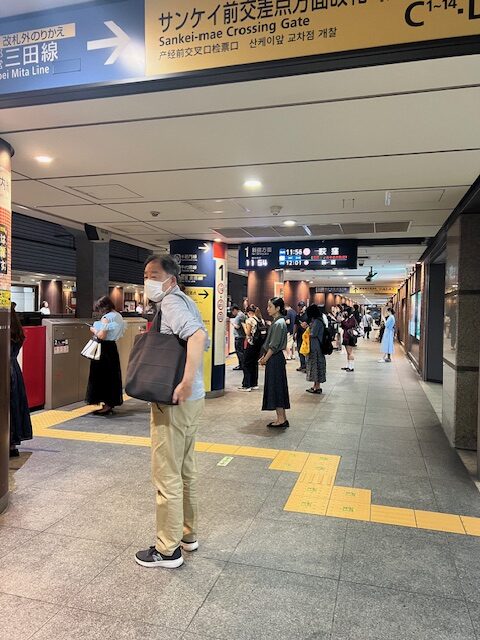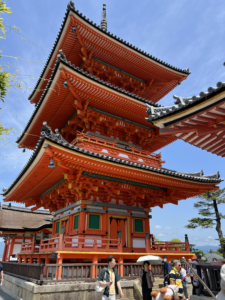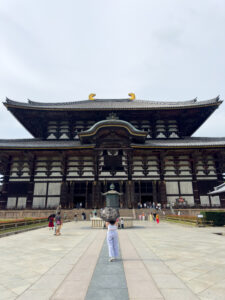
Stepping off the plane from the United States and into the largest city in the world lies a society where respect influences its people immensely. It’s woven into the fabric of everyday life. From the quiet hum of a sardine-packed train to the bustling yet orderly streets, a deep reverence for social order, hierarchy and community seeps through every corner and crevice of Japanese life.
One of the most visible expressions of respect is the bow. A simple bend at the torso transcends a simple greeting. Its depth and duration communicate a range of respect depending on the social status and context of the two people interacting. A short nod to a colleague might differ from a full 90-degree bow to a boss, demonstrating the importance of social hierarchy.
Beyond greeting etiquette, respect manifests in a deep-seated consideration for others. The concept of “wa,” meaning harmony in Japanese, implies putting a harmonious environment above personal interests. Imagine yourself crammed shoulder-to-shoulder in a train during rush hour, yet conversations are hushed and personal space is respected as much as possible. Social norms and behaviors prioritize the collective good, minimizing disruption and inconvenience. Littering, talking loudly in a public space and standing on the wrong side of the escalator are all considered a serious breach of public protocol in Tokyo.
This meticulous attention to consideration for others extends to cleanliness as well. Train stations, public restrooms, streets and even convenience stores are kept pristine, reflecting a profound respect for shared spaces and everyone in the community. This is a stark contrast to what you might expect in other major cities such as New York or Los Angeles.

Respect for shared spaces also translates to how Japanese people approach queuing, or waiting in line. Forget the chaotic jostling for position: people wait patiently in orderly lines for everything from trains to crossing the street. This behavior is to ensure smooth flow and efficiency in public spaces.

Following the same thread of respect for shared spaces, eating while walking is generally considered impolite in Tokyo for a few reasons. Firstly, it can create a potential mess if crumbs or spills occur while navigating through crowded streets. Secondly, the act of focused eating while walking can be seen as inconsiderate, possibly causing disruptions if you’re blocking the flow of pedestrian traffic. Thirdly, taking the time to sit down and savor your food shows appreciation for the meal itself, reflecting a respect not only for the community, but for the effort put into preparing the food.
While busy schedules might require Japanese workers to grab a quick meal from a convenience store eaten on the sidewalk, taking the time to sit down and savor your food is the more common approach. The Japanese phrase itadakimasu, commonly said before a meal, embodies this sentiment. This phrase expresses gratitude to those who prepared the food, giving diners the opportunity to enjoy the meal. Saying itadakimasu shows appreciation and avoids taking food for granted.
Gift-giving is another important aspect of respect in Japanese culture. The act of giving and receiving gifts is more important than the gift itself.
During my visit to Rikkyo University, I witnessed students exchanging American and Japanese candy. This seemingly simple act embodied the essence of wa – fostering connections and showing appreciation for one another through a shared experience.
In addition to the gifts given and received from Rikkyo University and Texas State students, we received gifts from the director of the Tokyo Fire Museum during our tour. This thoughtful gesture exemplified his appreciation for us taking the time to be educated about the history of firefighting and fires in Tokyo.

Veneration of elders is another priority in Japanese society. Older people are vessels of wisdom and life experience accumulated over a long time. Younger people honor them in many ways by attending to their needs and addressing specific honorifics and giving up their seat on the subway. Multigenerational households are still common here, ensuring seniors are well taken care of.
However, this emphasis on respect can be a challenge for outsiders. The strict social hierarchy and indirect societal rules can feel like an intricate dance with unwritten steps. Initially, you might feel lost, but if you pay close attention to how locals behave and universal symbols and signs, you can easily pick up on how to follow these rules and not disturb the organized and efficient flow of Tokyo.
Respect is a way of life here and cultivates not just tranquility, but a spirit of omotenashi, a uniquely Japanese concept of selfless hospitality that elevates everyday interactions into mindful experiences.
As you walk down the streets of this massive city, observe the courteous greetings, overwhelming sense of cleanliness and social order, and you’ll gain valuable insights into this fascinating culture.







